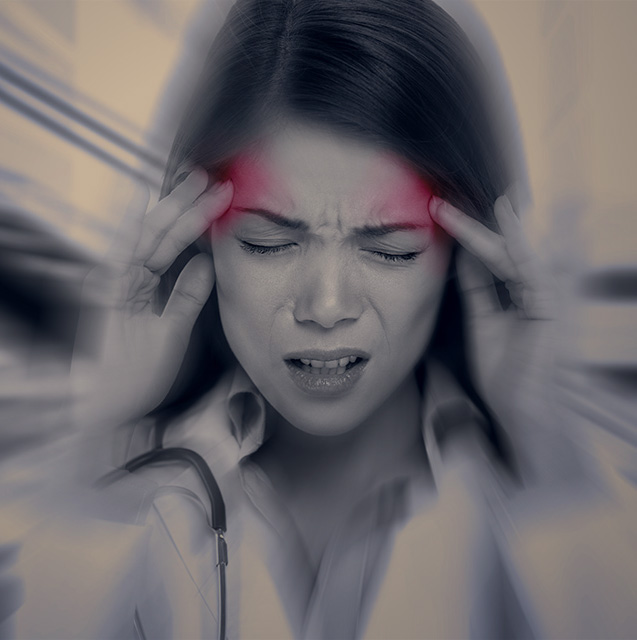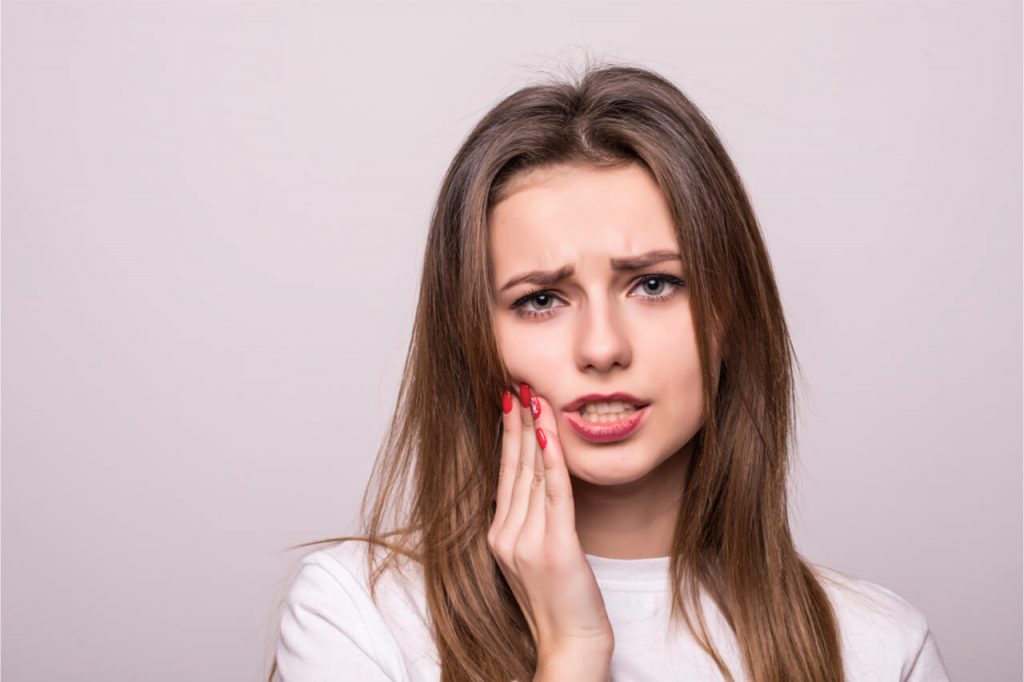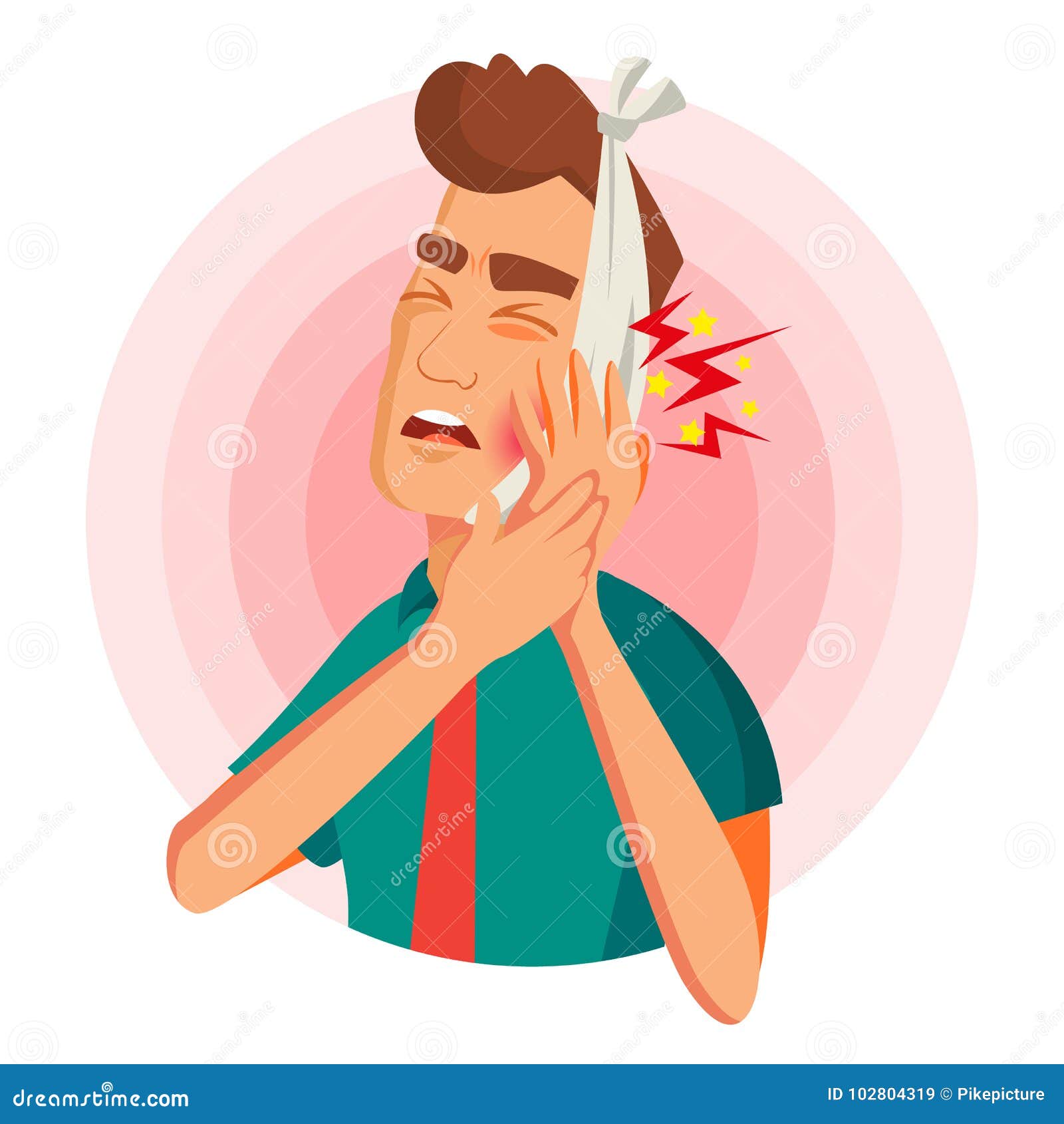Migraine Tooth Pain

Experiencing tooth pain can be a debilitating and frustrating condition, and when it’s linked to migraines, the situation can become even more complicated. Migraines are a type of neurological disorder characterized by intense, debilitating headaches, often accompanied by nausea, vomiting, and extreme sensitivity to light and sound. However, for some individuals, migraine episodes can also manifest as tooth pain, leaving many to wonder about the connection between these two conditions.
Understanding the relationship between migraines and tooth pain requires a delve into the complex neurology of migraine headaches. Migraines are believed to involve the dilation and constriction of blood vessels in the brain, which can lead to the release of pain-producing chemicals. This process can affect various parts of the head, including the teeth, due to the shared nerve pathways.
One key player in this phenomenon is the trigeminal nerve, a major nerve responsible for sensation in the face and motor functions such as chewing. During a migraine episode, the trigeminal nerve can become activated, leading to the transmission of pain signals to the brain. These signals can be interpreted as originating from various locations, including the teeth, even if there is no actual dental issue.
For individuals experiencing tooth pain during migraines, it’s crucial to differentiate between migraine-related pain and pain stemming from actual dental problems. A thorough dental examination can help rule out dental issues such as cavities, gum disease, or tooth grinding (bruxism), which might be contributing to or exacerbating the pain.
Diagnosis and Treatment

Diagnosing migraine-related tooth pain involves a combination of medical history, physical examination, and sometimes, diagnostic tests to rule out other conditions. A healthcare provider may ask about the characteristics of the pain, the timing and frequency of migraine episodes, and any factors that seem to trigger or relieve the pain.
Treatment for migraine-related tooth pain often focuses on managing migraine episodes, as reducing the frequency and severity of migraines can, in turn, reduce tooth pain. Strategies may include:
- Medications: Specific drugs can help prevent migraines or stop them once they start. These include triptans, ergots, and preventive medications.
- Lifestyle Modifications: Identifying and avoiding migraine triggers, maintaining a consistent sleep schedule, staying hydrated, and managing stress through techniques like meditation or yoga can be beneficial.
- Dental Care: If tooth grinding or clenching is a contributing factor, a dentist can recommend a mouth guard to protect the teeth during sleep.
Pros of Preventive Approach
- Reduction in migraine frequency and severity
- Decrease in tooth pain associated with migraines
- Improvement in quality of life
Cons of Reactive Treatment
- May not address underlying causes
- Can lead to overuse of pain medications
- Potential for medication side effects
Conclusion

The relationship between migraines and tooth pain is a complex one, involving neurological and dental factors. While treating the dental aspects is crucial, addressing the migraine itself is often key to resolving tooth pain. By understanding this connection and adopting a comprehensive approach to health, individuals can better manage their symptoms and improve their overall well-being.
How do I differentiate between tooth pain caused by migraines and actual dental issues?
+A thorough dental examination and discussion of your symptoms with your dentist or healthcare provider can help determine the cause of your tooth pain. Keeping a headache diary to track when your migraines and tooth pain occur can also provide valuable insights.
Can stress trigger both migraines and tooth pain?
+Yes, stress is a common trigger for migraines and can also contribute to teeth grinding and clenching, which may cause tooth pain. Practicing stress-reduction techniques, such as meditation, deep breathing, or yoga, can help manage stress levels and potentially reduce the frequency of both migraines and tooth pain.

